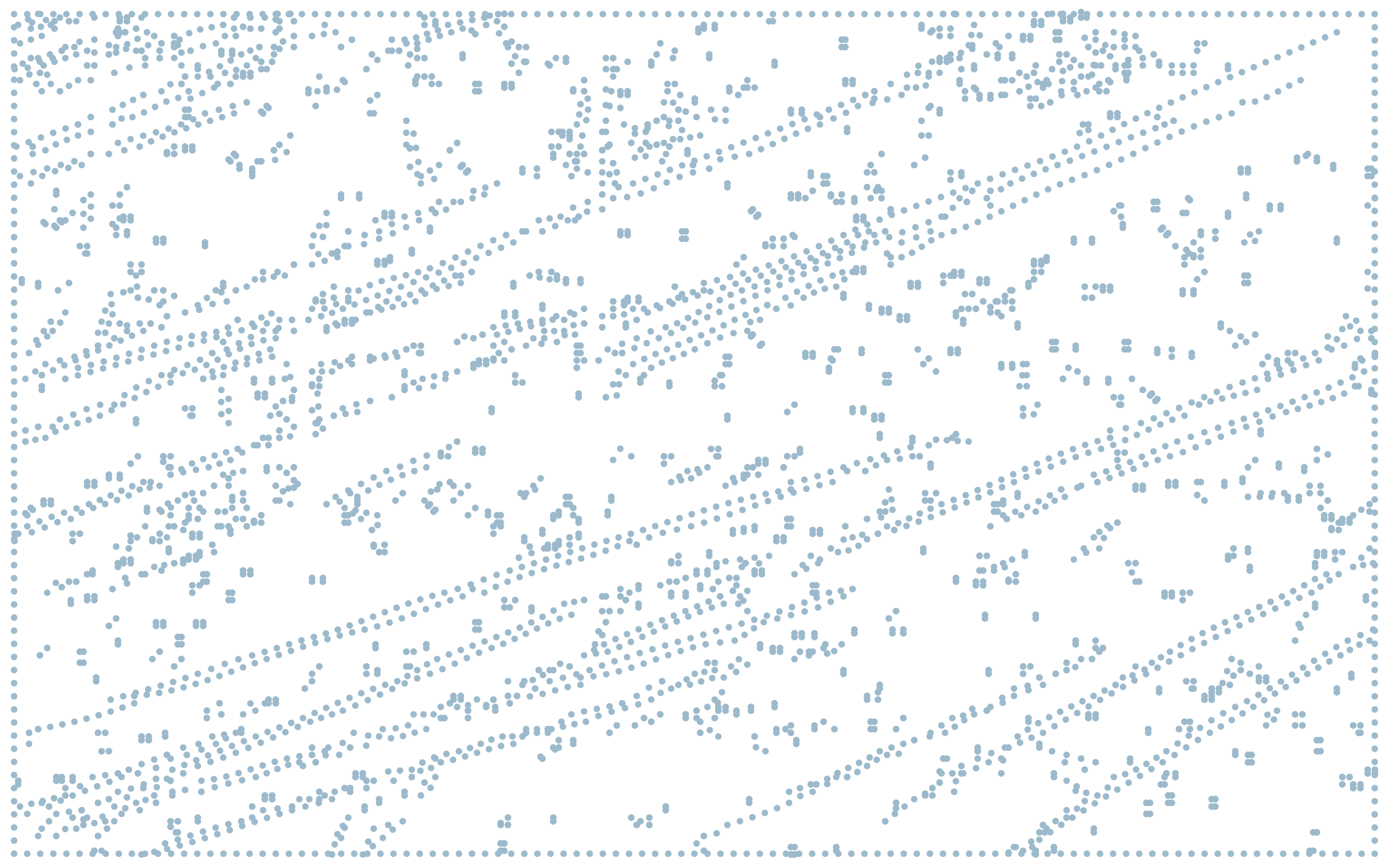
Debating Degrowth
Jason Hickel speaks to Andrew Ahern about the last five years of debating degrowth.
This conversation between JASON HICKEL, professor at the Institute for Environmental Science & Technology at the Autonomous University of Barcelona, and ANDREW AHERN, a New England-based ecosocialist writer and activist, marked the 5-year anniversary of Jason’s book, Less is More. It took place over Zoom in late May 2025.
ANDREW AHERN: It has been five years since your book, Less is More, was published. In that time we have seen degrowth enter into mainstream debates around the climate and ecological crisis, thanks in large part to the book. Looking back over these past five years, what is your impression of how degrowth ideas have been received – both the good and the bad? Did you expect Less is More to spark such an international debate?
JASON HICKEL: Well, it’s been a wild ride. And very interesting to watch. Over the past several years degrowth has become very well-established in environmental science. There has been an astonishing increase in scientific research that uses and improves upon degrowth frameworks, so the empirical case is now stronger than ever, and the evidence base has expanded a lot since I wrote the book. Degrowth also has substantial uptake among climate activists, and on the socialist left – by which I mean, the concept is part of their analytical framework even if the word is not deployed in public-facing communications. But it’s not just Less is More, many people have contributed to bringing degrowth ideas to mainstream attention, and there have been several books published on this topic in the past several years.
But degrowth is an anti-capitalist position, firmly rooted in ecosocialist analysis. The core of ecosocialism is that we should democratize control over production so that we can organize it around ensuring human well-being and ecological stability. Degrowth has inspired the ire of those who consciously align with capitalism because they recognize that it represents socialist ideas breaking through into the mainstream. So they single it out for attack. In some cases this has led to real fireworks. And I think the diagnosis is correct. For people who are broadly part of the climate movement, the case for degrowth is extremely compelling. And once you start thinking, okay, how can we actually reduce wasteful and destructive production, and organize the economy instead around ensuring human well-being for all, you are in the terrain of socialist ideas and policy. Degrowth is a gateway into socialist thought for the 21st century.
This is an important point. A lot of people get caught up thinking, oh, we are being attacked because the word sounds negative, we need a better framing, etc. No, it is being attacked because it calls for overcoming capitalist control over the means of production.
